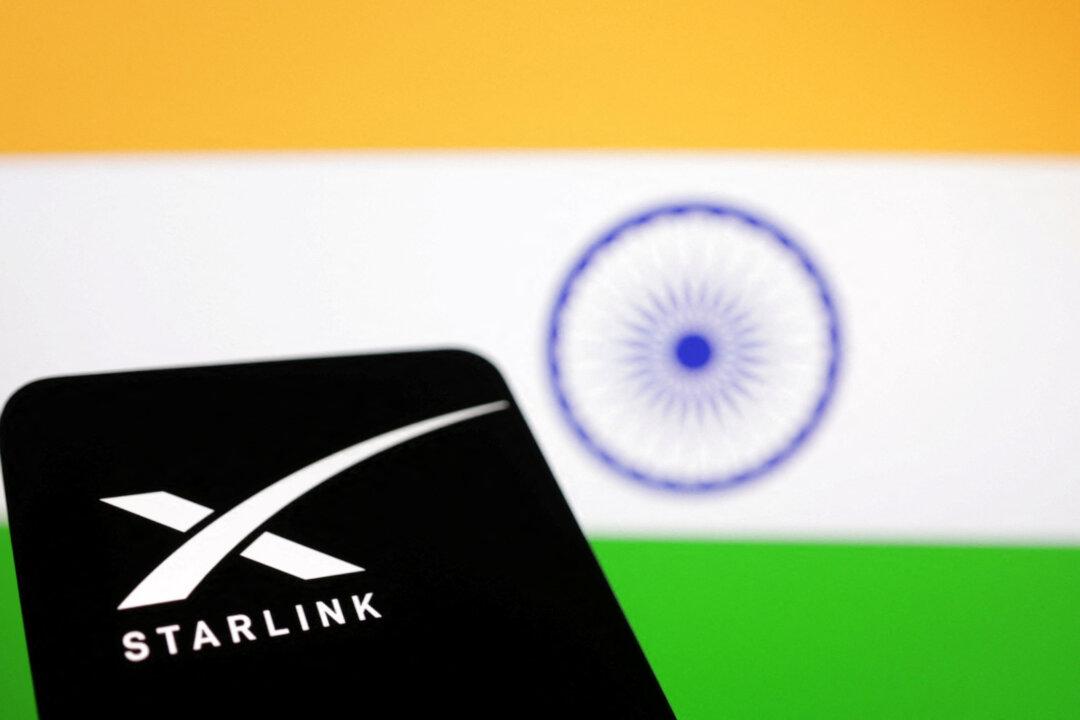Billionaire Elon Musk said that Starlink satellite beams are not active over India after authorities there seized two of the company’s devices: one in a conflict zone and another during an alleged drug-smuggling bust.
Musk’s Starlink provides high-speed, low-latency internet access worldwide using a network of nearly 6,500 satellites.





